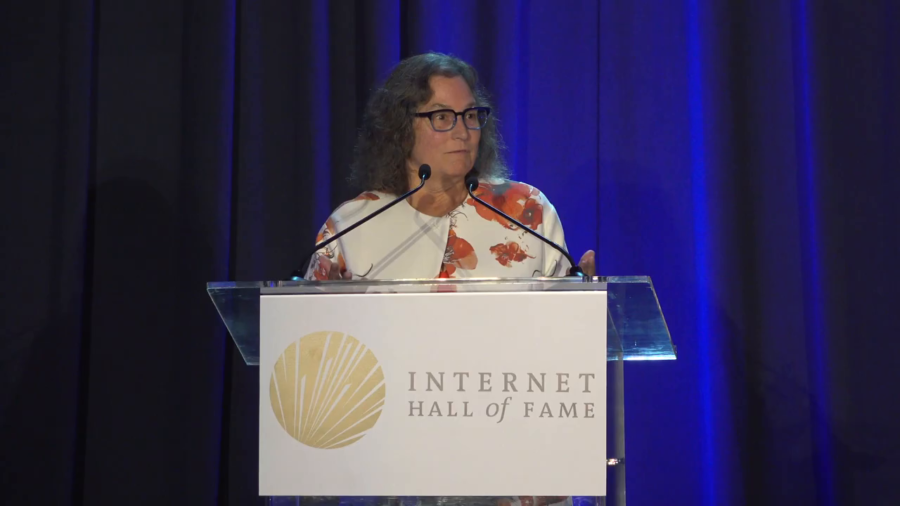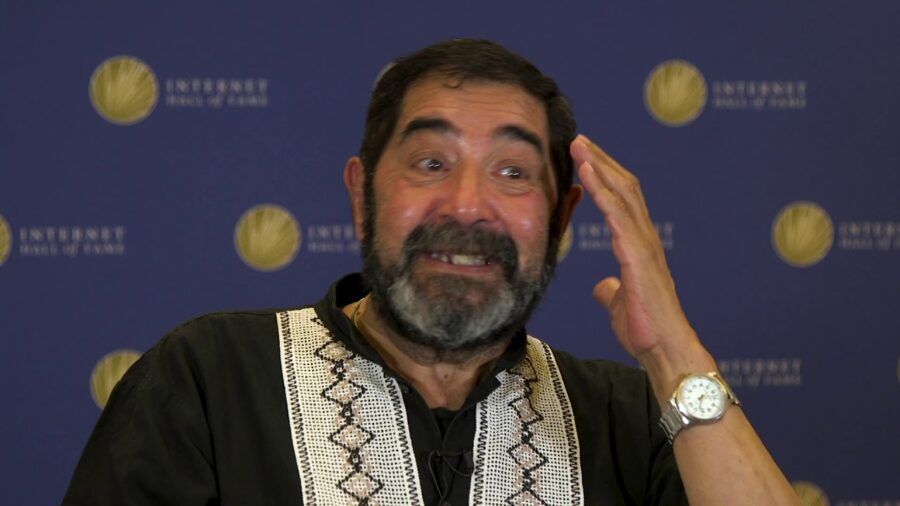Part of my networking experience as I grew as a networking person, and Internet person, people would come up and say, “Well what was it like to be a woman in a men’s field?” And I’ve gotta compliment the Merit folks who hired the NSFNET staff. They were gender-blind.
Archive (Page 2 of 3)
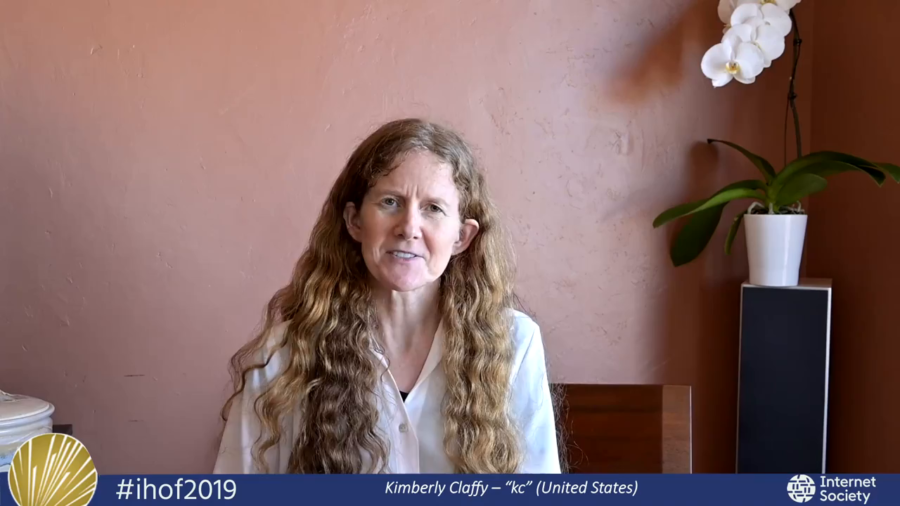
So many previous awardees have spoken of the magic sauce of the Internet. The opposite of secret sauce, I guess, because they all use the word “open.” Open standards, open architecture, open source. They said this openness is what made the Internet the Internet. Which sounds mostly right, although not much like how we experience the Internet today.
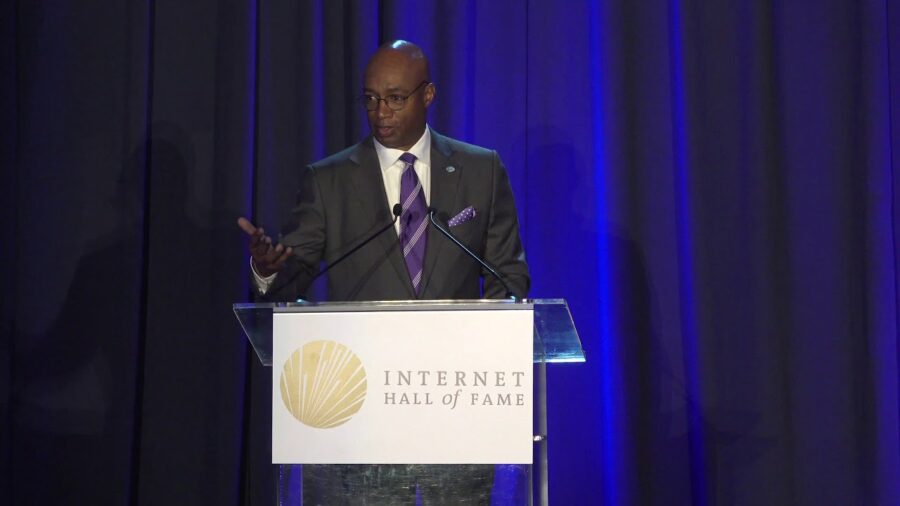
In 1993 when we first started talking about the digital divide and doing the work to define the digital divide, there were 15 million people on this planet on the Internet. Today there are 4 billion. A lot of people in this room did a lot of work to make that happen. But we have a lot that we need to do still.
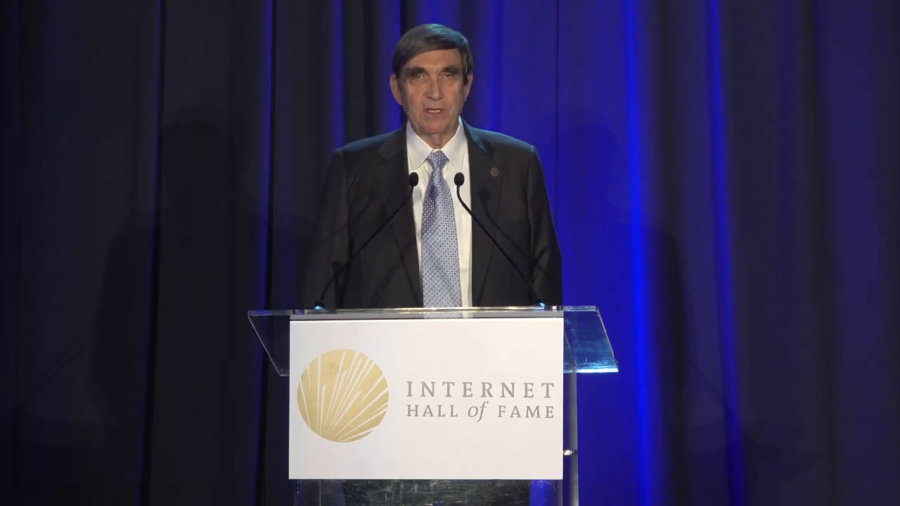
My final thanks for intimidating me into studying protocols goes to those obnoxious and absolutely incompetent NSF reviewers who forced me to study.
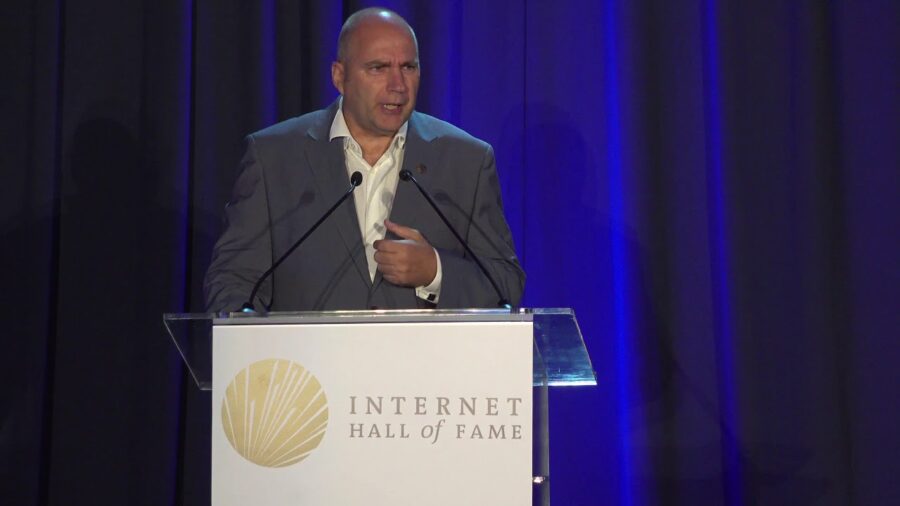
If I can make one wish for the future, then I think it is to those of you out there that have ideas to make the Internet just a little bit better, just a little bit safer, just a little bit more user-friendly, to go after it and do it.
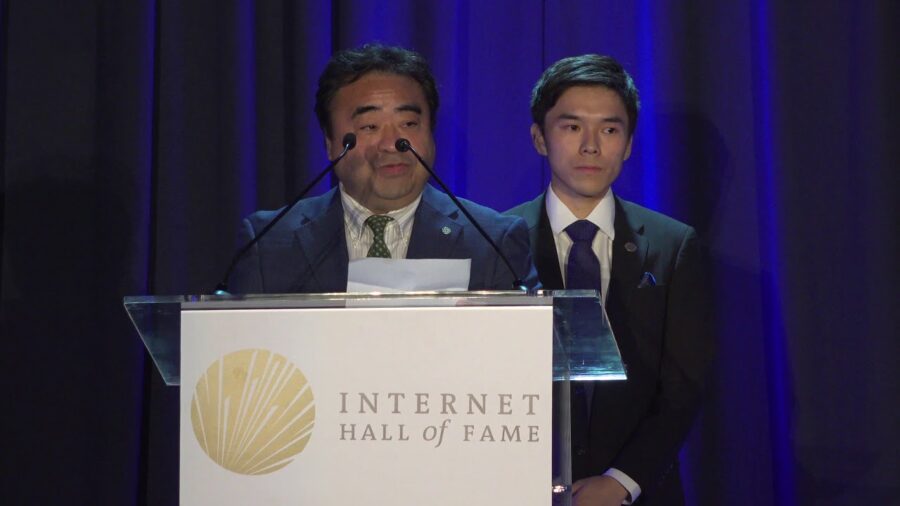
I was born in 1999. Some people like to call my generation the Internet experts. For us, the Internet existed from the moment we were born. And its safety was taken for granted. However, this is all due to the work of my father and his allies speaking to the world, telling them security on the Internet is going to be highly important fifteen years before I was even born.
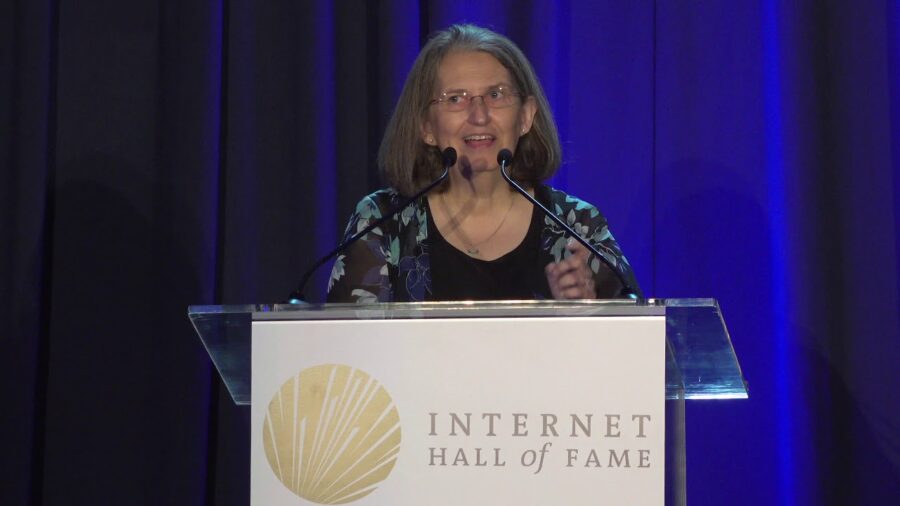
I’d like to focus on thanking the Internet Society for recognizing the important part that public librarians have played in helping to grow the reach of the Internet and its use by everybody.
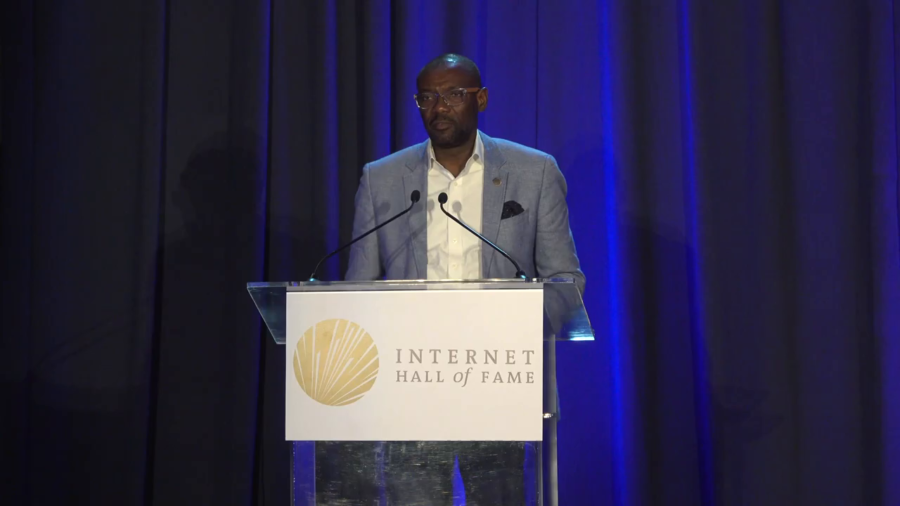
Nominated for effort and contribution to several initiatives that brought and drew the Internet in West Africa in the 90s, and also for leading and nurturing the consensus approach that has helped create AFRINIC, the Internet number registry in Africa in 2004, I have witnessed over those twenty-five years how technology can change and improve people’s lives on a daily basis.
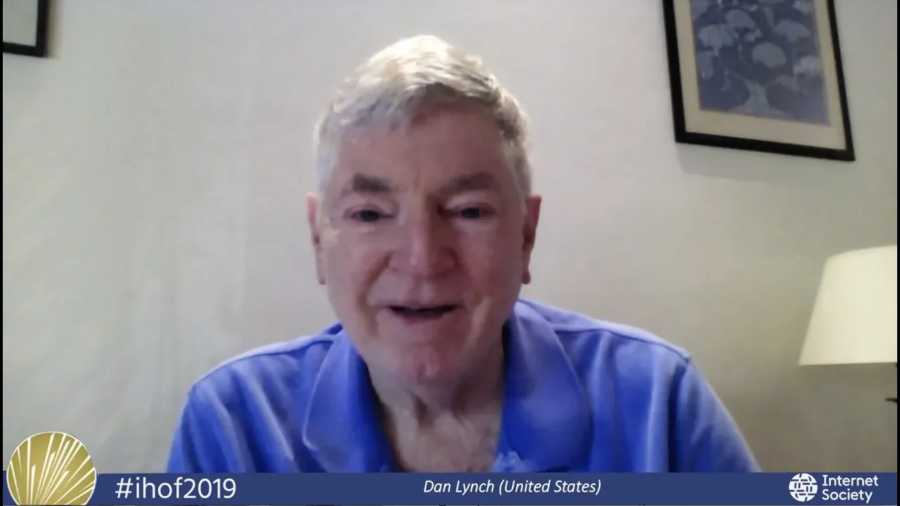
I realized in about late ’85, early ’86 that people all over the world were trying to build Internet product stuff, and they were doing a mediocre job. So, I became an educator, I call myself now, of Internet technology.

